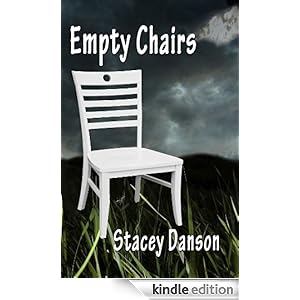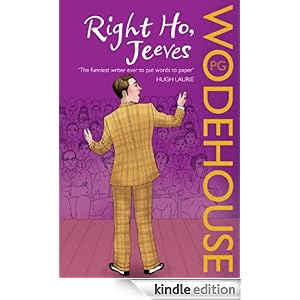My excuse is that I've been getting back to the book I was halfway through when I started publicising Belfast Girls. I'm not much further, but at least a re-start has been made - like a sleigh run, climbing the hill and getting back in position is the worst bit, then you gather momentum as you go. (Sometimes far too much - let your imagination run free!)
I've also been following up suggestions that I should read from Belfast Girls at the fringe events of two major local festivals, the John Hewitt Summer School in late July, and the Belfast Festival at Queen's in October. Still some work to do there, but sorted for the JHSS and nearly so for the Queen's festival. Just hope it actually sells some books!
(You can buy Belfast Girls as a paperback or on Kindle - here are the Kindle links:
If you'd like to, that is!)
If you've read my previous posts, you know that this blog is about books I've read and liked, alternating between old favourites and new discoveries.
You may also have realised that I read for pleasure, not instruction or moral development. Most of the books I read are funny, exciting, entertaining and full of good, mostly likeable characters. Preferably all of the above.
However, occasionally I leap like a Jack-in-the-box out from cover, and read something not in my usual style.
This happened when I came across Stacey Danson's Empty Chairs.
Stacey, otherwise Suzannah Burke, is a writer I've known since Authonomy days. I admired her writing and was delighted when she interviewed me on her blog SooozSaysStuff and for her Snapshots of Success. More recently, when I won the Night Publishing Book of the Year Contest, she did a further interview with me for her AuthorsOnShow page. So when I heard that she herself had had a book published, back at the beginning of this year, I had to at least look at it, though fearing that it wouldn't be my sort of thing at all.
Well, I was right. It wasn't. But from page one I was gripped, and I found myself reading the whole book with scarcely a pause. Jack jumps out of the box.
So what's it about?
This is Soooz's own story. From a childhood of unbelievable abuse on a regular basis, and from her mother of all people, through her escape to the streets and her meeting with a group of others in a similar predicament who were between them able to give her some of the love and support she'd been so badly missing, Soooz holds the reader enthralled. Episode after episode shocks and horrifies, but forces you to keep on turning the pages. Anti-gravity stuff - impossible to put down.
Soooz is an excellent writer, and of course this is always important. Her style is smooth and in itself enjoyable. The story she tells is one which will probably bring the tears bursting out. It's hard to imagine a person who could read some of these things - the prostitutating of the three-year old girl by her own mother, for instance - without distress. In these days when true life stories have reached a never-before-seen level of popularity, this book will, I know, make an immediate appeal to a large number of readers. But if, like me, you normally avoid such stories, I would seriously advise you to make an exception here. The wisdom, courage, maturity and love which this writer achieved in her own character through her dreadful life experiences makes the book an encouragement, in the end, and I think you'll be glad to have got to know Soooz. She's a woman, and a writer, anyone should be proud to know.
You can buy Empty Chairs as a paperback on Amazon, or on Kindle here: http://www.amazon.com/Empty-Chairs-ebook/dp/B004K6MJJK and here: http://www.amazon.co.uk/Empty-Chairs-ebook/dp/B004K6MJJK/
and you can follow Soooz on her own blog here: http://sooozsaysstuff.blogspot.com/
Another bit of news - if you read The Eye Of Erasmus, which I recently featured on this blog, you will be delighted to know that Teresa Geering has recently released Shasta Summer, a 'prequel' (awful word, but convenient). Shasta Summer was written, and is set, before The Eye of Erasmus, and I hear there's a third book in the series about to come sometime.
You can buy it here: http://www.amazon.co.uk/Shasta-Summer-ebook/dp/B0054RWUKW or here: http://www.amazon.com/Shasta-Summer-ebook/dp/B0054RWUKW
I hope to write something more regularly from now on. See you soon, in a manner of speaking.


